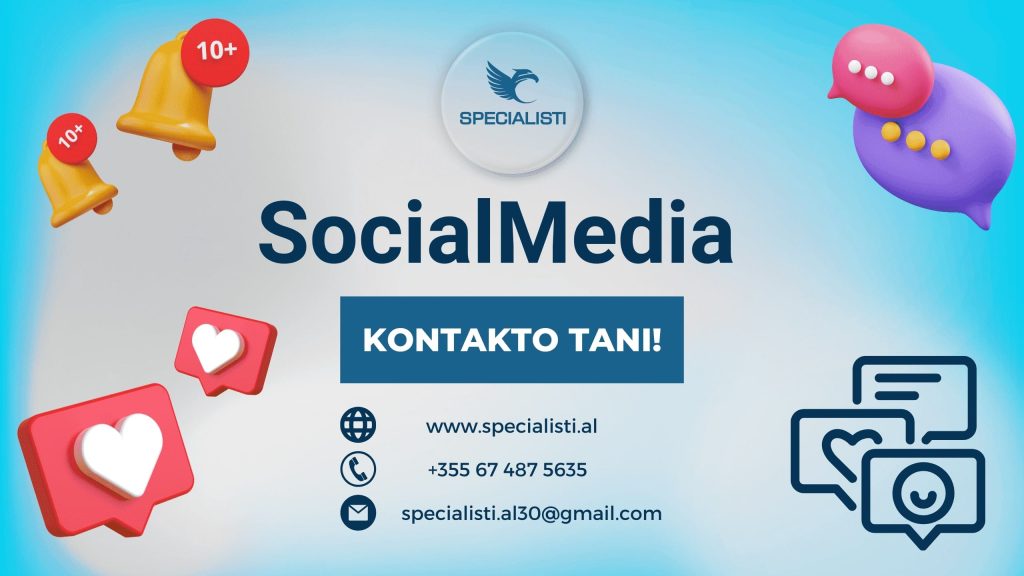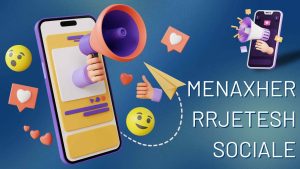SocialMedia
Many people think that Social Media is a bad thing. We often hear terms like harmful or time thief, etc. Often, the education system advises students not to use their phones too much, or parents try to keep them away from their phones by controlling the time they spend on them. Social Media is often considered a real nightmare for people in general. Despite this, they spend a lot of time on what is called Social Media. In this era of digitalization, we cannot avoid it. Website.
What should we do for Social Media to be a value for us?
Social Media helps us to connect and connections around the world. It spreads unimaginable and limitless information. But sometimes the information is excessive and, in this case, becomes useless. This not only becomes useless but also distracting, often interrupting our work. What we need is organization and to utilize what we need.
How can Social Media help in building of digital skills?
Technology has become an essential part of our world. Continuous developments in mixed reality, automation, and artificial intelligence will have a major impact on how jobs will look in the future. For this reason, digital skills are becoming not only important but essential. Future jobs will be less focused on routine tasks and more on working with people and problem-solving. Young people can use social media to develop these skills.
Social media can help children build digital skills in:
- navigating and sharing digital content
- responsible interaction online
- building an online identity
- by maintaining their digital reputation.
How can social media help young people learn?
Using social media and the internet helps your child in their learning. The internet has given us access to large amounts of quality information, and social media is a great tool for finding and sharing quality content. Children can find different types of information about areas of interest and topics they are learning in school. Social media can also connect them with experts and student communities.
Learning on social media can happen when:
- by reading articles
- by asking questions
- by responding to posts
- by watching video lessons
- by talking with friends.
- by discussing topics with other people.
How can social media groups help young people learn about themselves and others?
Social media enables young people to get to know and learn about new and different groups of people. Most teenagers who spend time in online groups say that these groups help them meet new people, feel more accepted, work through their feelings on important issues, and get through difficult times in their lives.
In general, social media groups can offer:
- a sense of belonging and community
- access to support from like-minded individuals
- an appreciation of different perspectives
- reduced isolation
- a monitored discussion environment.
How can social media help in developing critical thinking skills?
While technology has made it easier for people to share a wide range of news and information, it has also become necessary to think about the credibility of online content. It can be difficult to tell if something is true or false, especially when it seems to come from a trusted friend or an official source. You can help your child develop their critical thinking skills by providing them with strategies to assess the credibility of various information sources.
Critical thinking skills can be built through:
- discussing how the choice of words, videos, and images can change the way you think about information
- identifying reliable sources of information and discussing what makes something trustworthy
- teaching children to question the credibility and source of information, both online and in other media.
How can social media help young people develop their identity?
While older people may think of their lives online and offline as very different things, children and teenagers may find this division confusing. Young people have grown up in a world where the distinction between online and offline is increasingly unclear, and their online presence is an important part of their identity.
For young people, an online identity is:
- an extension of themselves
- a way to explore different parts of themselves
- a way to share or explore interests that are not available offline.
An online identity is not:
- a "false" identity
- a way to deceive peers and friends
- a tool to explore bad behaviors.




